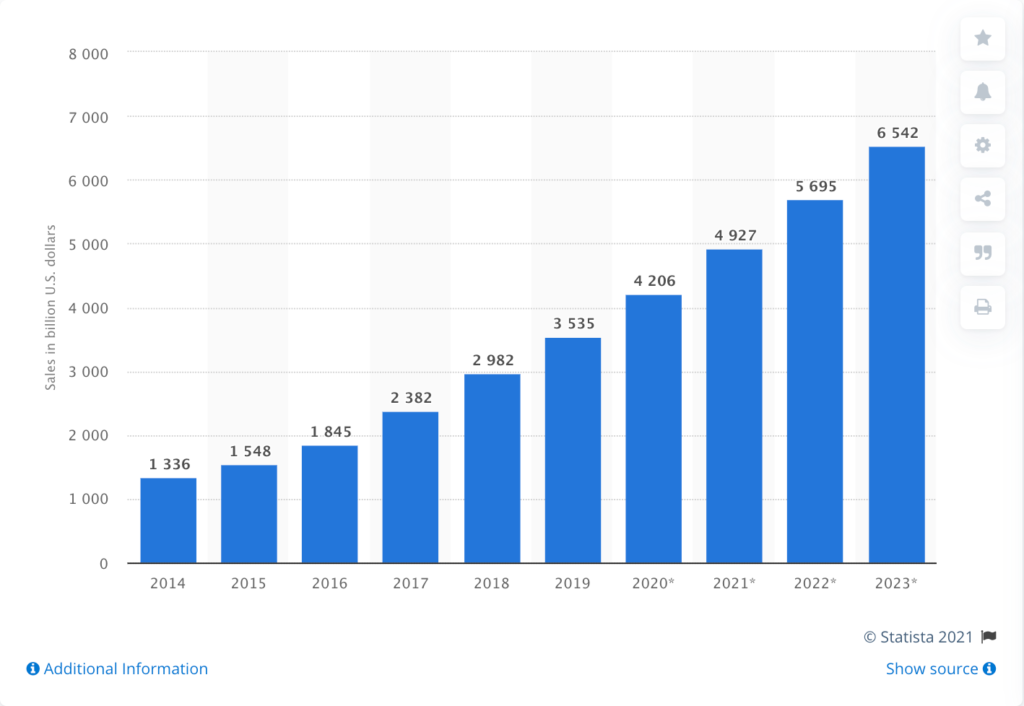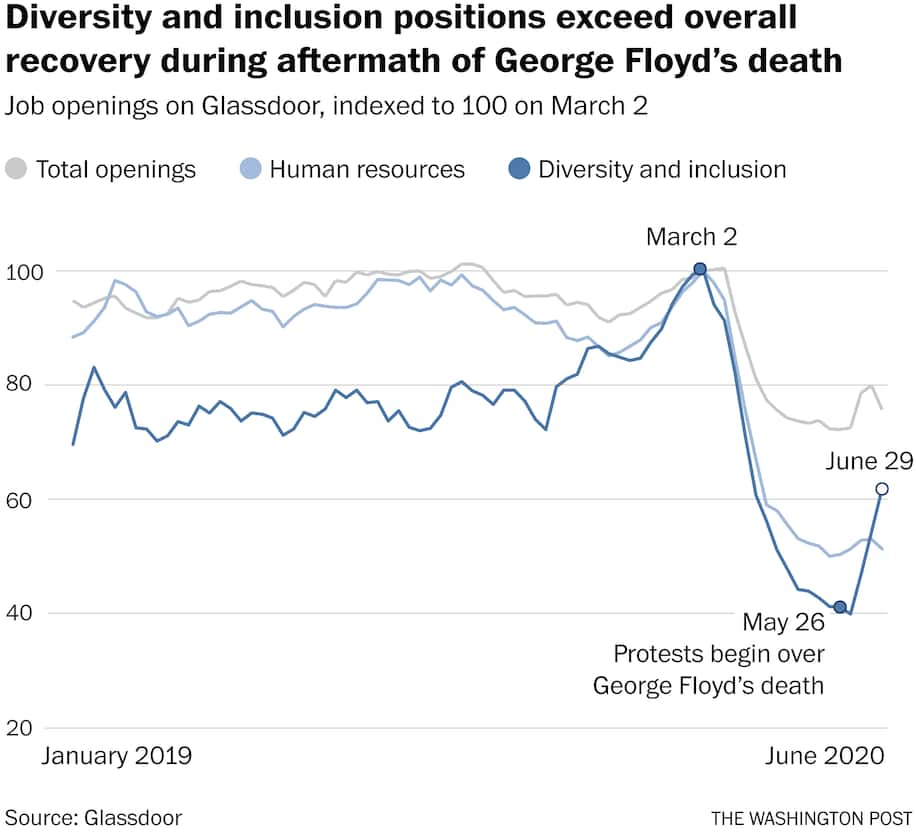It’s no secret that the pandemic sent the economy into a tailspin. Home and office became one, with millions of folks still working out of their houses as the pandemic rages on. Now, offices have reopened and have sent people back into the work force. Tech is still booming — even now more so than ever.
For those who haven’t successfully found new employment or who are curious for new employment, it’s important to note that the aftermath of COVID-19 — and other notable events from 2020 — are shaping the job market and hiring trends for 2022 and beyond.
2022: A strong year for tech
There’s reason to be excited about tech, even as the economy recovers from a global pandemic.
Every industry took a hit as the world sheltered in place throughout Spring and early Summer of 2020, but tech remained resilient during stay-at-home orders, netting one of the smallest job loss totals across industries.

New innovations = jobs.
While recruiting came to a screeching halt for many industries, others had to quickly ramp up firepower in the midst of global shutdowns. Medtech, naturally, is one such example of a vertical that did more hiring than firing, and it will likely continue to trend that way through the vaccine rollout.
E-commerce is another example of an industry that had to quickly adapt and create new innovations which, in turn, created more jobs. In fact, the pandemic accelerated consumer shift to online retail by five years, calling on more tech professionals than ever to create seamless e-shopping experiences, build websites, and audit the customer journey. Hiring trends are dictated by this type of growth.

Edit with Elementor
Loading
Diversity.
Diversity and inclusion continue to be hot-button topics in the tech community, but the social justice movements of 2020 brought even more discrepancy to light across all industries.
As a result, companies began sharing their commitments to combating racial bias in their own hiring practices. This lead to a spike in diversity hires shortly following summer protests.

For tech specifically, combating racial hiring bias starts with education. App Academy just received $500,000 to help underrepresented populations in tech get the education they need to learn coding and find employment.
Hiring Trends to Note for Tech Job Seekers in 2022
When you follow years like 2020 and 2021, things are apt to change. While the pandemic played a large hand in refreshing hiring practices, many are the result of a changing tech landscape.
If you’re seeking work in the new year (really, for the next few years), here are some trends to be mindful of as you’re sending in applications.
Remote work.
Offices have reopened and companies are bringing employees back into the workplace. However, some folks acclimated to a life of working from home as some of the biggest companies in the world have changed their remote work policy, allowing it for good. This includes Google, Twitter, Microsoft, Square, Salesforce, Spotify, and Amazon, among others. Smaller organizations are following suit.
While the pandemic abruptly shut corporate offices and forced employees to take their work home, a majority would prefer to remain working remotely (or, at the very least, have the option to do so) and employers are taking note:
Three in five U.S. workers who have been doing their jobs from home during the coronavirus pandemic would prefer to continue to work remotely as much as possible, once public health restrictions are lifted. In contrast, 41% would prefer to return to their workplace or office to work, as they did before the crisis. (Gallup)
Diversity and inclusion.
We know now that the social justice movements put a lot of pressure on companies to unveil their plans to increase diverse hires, but what does this mean for job seekers?
Diversity hiring trends are now more of a priority than ever, and companies are setting direct quotas in an attempt to meet those goals. Not only will this practice paint them in a more positive light, a study conducted by McKinsey showed that companies with more inclusivity in their staff and on their executive board performed (financially) better than those without.
Specifically, in tech, marginalized groups such as women, people of color, and other underrepresented populations will continue to have more opportunities. That’s not to say that you can skate by without reputable skills, though; doing your research, asking pointed questions, and finding companies that align with your values is still as important as it ever was.
Automated recruiting.
No hiring manager can keep up with an influx of applications, which is why more companies are turning to automated recruiting practices and softwares to weed out less desirable candidates. But this process of automation doesn’t end at the application:
Job seekers can also expect to see more automation in the interview process. Companies are increasingly using pre-recorded interviews to screen candidates




